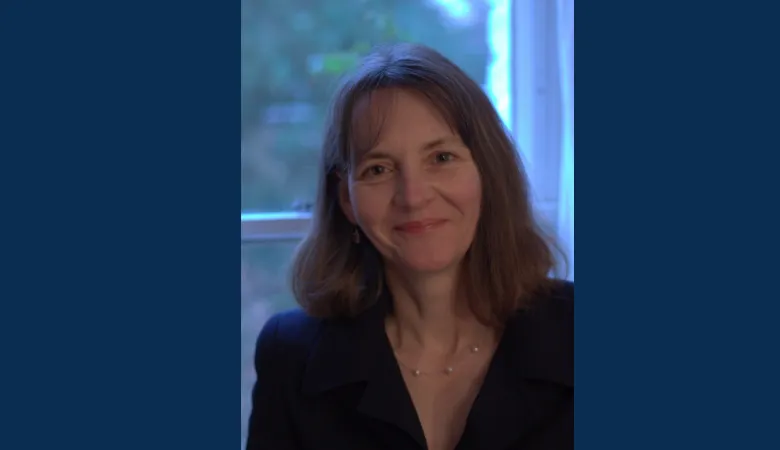08 March 2019
#WomenOfKings - Elizabeth Davies
Celebrating and elevating King’s women for International Women's Day.

It's International Women's Day on Friday 8 March – a global day celebrating the social, economic, cultural and political achievements of women. This year's theme is Balance for Better, which calls for a more gender-balanced society. From the board room to the government, media coverage to employment, gender balance is essential for economies and communities to thrive.
To celebrate International Women's Day, we spoke to women from the Faculty of Life Science & Medicine King's about their careers, inspirations and what drives them.
"I knew from age 13 that I wanted to do research"
Dr Elizabeth Davies is a Clinical Reader in Cancer and Public Health within the School of Cancer & Pharmaceutical Sciences.
What are you proudest of in your career?
Developing the first national consensus guidelines for the care of people with malignant cerebral glioma. These recommendations made by a Royal College of Physicians Working Group which included patient and carer representatives as well as senior health professionals, were based on reported experience and concerns of patients and carers. Ten years later my research with colleagues in the US and then at the former Thames Cancer Registry at King's informed the development of national policies for improving cancer patient experience, reducing cancer inequalities and improving intelligence on end of life care.
Why did you decide to go into this field of study/research/work? What would you tell women who want to study in your field?
I knew from age 13 that I wanted to do research and I studied medicine because it seemed to present most opportunities for research that might make a difference. I started off thinking I would 'find the cure for cancer' , but during my training I became much more interested in people's experiences of treatment and care and whether the health care system worked well to provide good experiences. To women interested in this field I would say listen to people with experience of the situation you are studying and then be prepared to be very determined. It is a long complex business to provide evidence that can lead to effective change.
Who or what made you want to work in this field? How has your field changed since you started, and where do you see it going in the future?
The late Dr Anthony Hopkins, a neurologist and Director of the former Research Unit at the Royal College of Physicians, gave me the opportunity to undertake a PhD that explored patient and carer experience together with clinical aspects of care. Anthony was an inspiring figure, years ahead of his time in seeing the need to interview patients and carers in detail about their experiences and then to bring different disciplines and perspectives together to make change.
Research on patients' experiences of care is now a much more established and mainstream activity, and the internet has improved beyond belief the access people have to accurate information about their diagnosis and what to expect of services. Patient or user representatives also now play a much more active and welcome role in championing new research and changing practice and policy. I am still surprised that some people still see good care experiences as 'optional extras'.
The challenge for the future is to show the best ways in which experience can actually be improved by the system and the complex way in which experiences and different clinical outcomes are actually linked.
